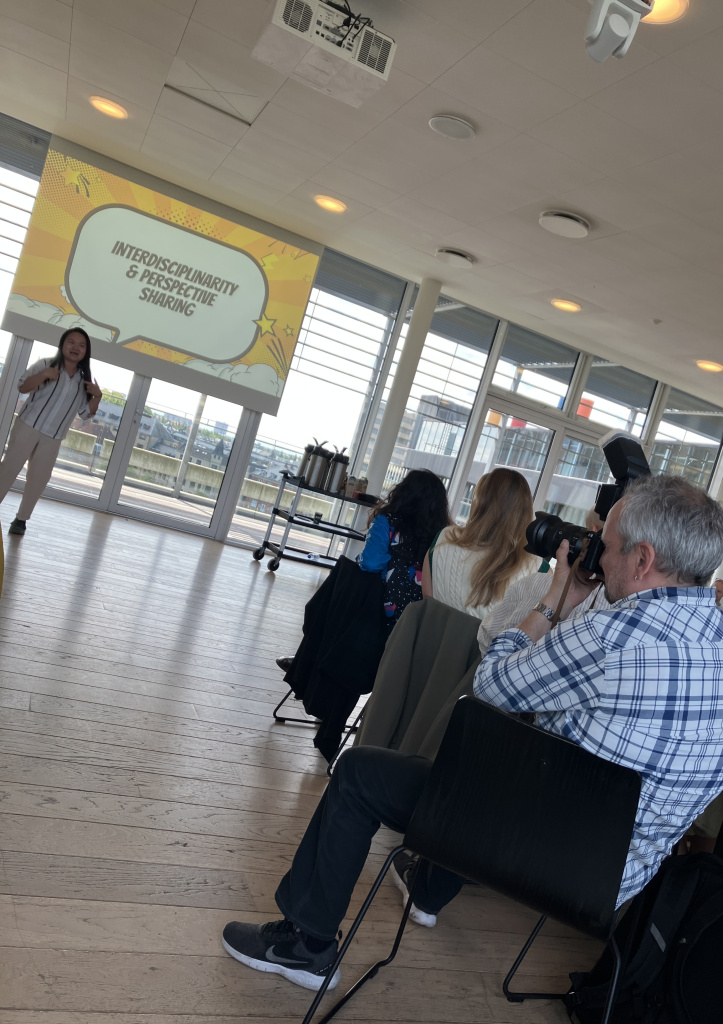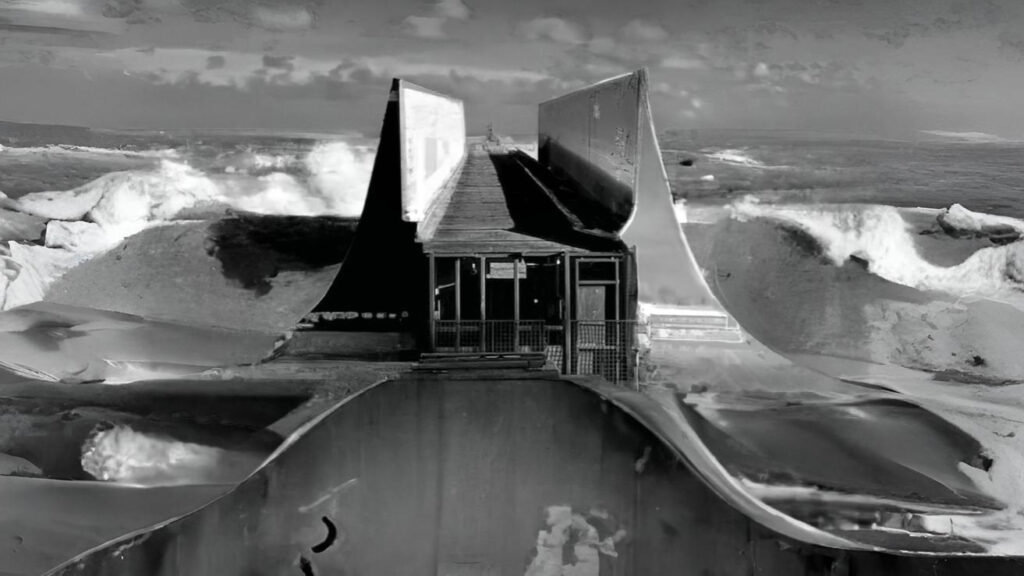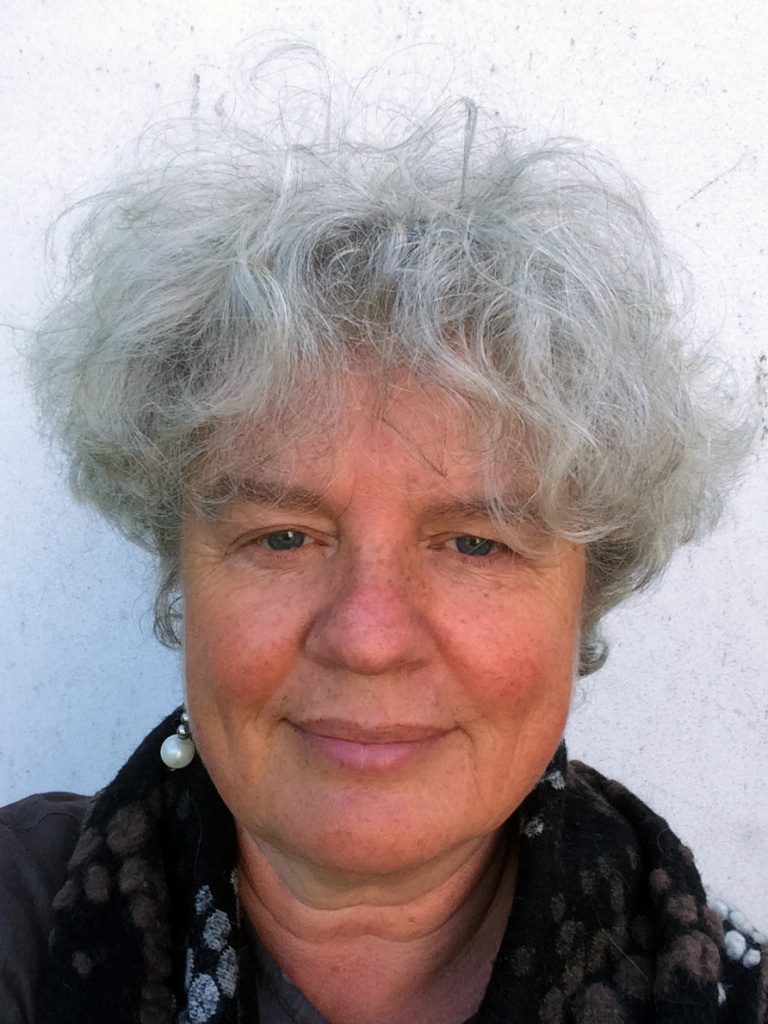LERU summer school
Just got back from a whirlwind week in Copenhagen, where I joined 47 other PhD researchers from across Europe for the LERU Doctoral Summer School 2025. Hosted by the University of Copenhagen, the theme this year was “Artificial Intelligence across University Disciplines – Perspectives and Hands-on Experience.” Sounds hefty? It was—and in the best possible way.

Each morning we were treated to thought-provoking talks, ranging from the hard mechanics of machine learning to philosophical debates about ethics and law. We dug into LLMs, wrestled with AI’s role in research, and asked again and again: how can AI actually serve the public good, rather than just dazzle us with novelty?
Afternoons were hands-on. Enter KNIME—an open-source, no-code AI tool that lets you build workflows without having to be a Python wizard. Rasmus Helles introduced us to it with the calm determination of a mountain guide facing a panicky group at base camp. I can’t speak for everyone, but I emerged with a new respect for modular logic, error messages, and caffeine.
But what really stayed with me were the in-between conversations. One colleague mentioned an installation I hadn’t heard of: Deus in Machina, staged last year in Lucerne. A digital Jesus, installed not at the altar, but in the confessional booth of St. Peter’s Church. You sit down, speak to a screen, and an algorithm—trained on scripture—listens.
Curiosity? Provocation? Sure. But also: something more tender. It made me think of longing—for presence, forgiveness, guidance—and how we’re starting to code those longings into our machines. Not unlike NedeR, the AI I walk with along the speculative coastline of the Netherlands—the one that emerges if you take away the dikes and let the sea back in. If AI Jesus listens with divine empathy, NedeR listens with geological memory. One offers salvation. The other? Salinity.
Back to Copenhagen. The week wrapped up with group presentations—guided by the ever-patient Rasmus and closed beautifully by Anson Chan, whose reflections on interdisciplinarity cut straight to the point. I left with my brain buzzing, my notebook full, and my faith in thoughtful, collaborative science slightly renewed.
Huge thanks to all the speakers—especially Lise Arleth, Giovanni Colavizza, Henrik Palmer Olsen, Rebecca Adler-Nissen, Isabelle Augenstein, Kresten Lindorff-Larsen, Søren Brunak, Stefan Sommer, and Sune Lehmann. And to Leah Johnson Serinsky and Pamela Mary K. Louis, who managed the logistics like behind-the-scenes sorcerers.

